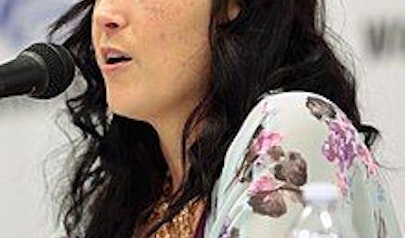Terms of Use •
Meta •
Privacy Statement •
© 2026 The Thought & Expression Company, LLC. All rights reserved.
If you believe that any Site Content infringes upon your copyright, please notify us by email support@quotecatalog.com. Your notice should include (a) a description of the copyrighted work that you claim has been infringed; (b) the URL where the allegedly infringing Site Content is located; (c) your full name, postal address, telephone number, and email address; (d) a statement that you have a good faith belief that the use of the allegedly infringing material on our Sites is not authorized; (e) your physical or electronic signature; and (f) a statement that you are the copyright owner or an authorized agent of the copyright owner.

